|
You can get a lot done with a small group of great people. You feel like you can change the world, and sometimes you can. Having just one person that is negative, that does not "play with the other children nicely," that just slows things down unnecessarily can destroy this.
Having the right team around you makes all the difference. Equally, having too many people, irrespective of their ability has the same effect. Things become slow, arguments get circular, discussions turn to consensus and things get taken out and "decided" one to one in different forums. Two easy things to check next time you feel like this: - Have we got the right people on this? - Is this the minimum we can manage with or can we take more people out?
The first of this weekends's link posts is from Alison Rimm on HBR about to-do lists. The whole article is worth a read for how she manages her to-do's, but I love the following advice about using this in conjunction with your calendar, which I have also been doing for a while now:
The calendar is for blocking out time to accomplish important matters on schedule. For example, instead of putting an item like “write speech†on my to-do list, I put it on my calendar, blocking out the necessary prep time to get it done. I do this as soon as I book the speech. Then there’s no chance that I’ll notice the day before, “Oops, I’m supposed to give that speech tomorrow!†And putting it on the calendar right way means that if I don’t actually have time to write the speech, I can see that at the outset and (regretfully) decline the opportunity. I consider that block of time an unbreakable appointment. Read the whole article here
This weekends link posts start with a great one from Barking Up The Wrong Tree on how to actually work smarter not harder. Some stand outs for me:
1) Do Less - Then Obsess By using a variation on a classic scientific principle. "Occam's Razor" says the simplest answer is often the best. So start ruthlessly cutting all the activities in your workday that aren't producing value. Ask: How many tasks can I remove, given what I must do to excel? Remember: As few as you can, as many as you must. Reduce the number of activities you perform - and reallocate that time to intensity. There is loads more in this great article. Go check it out.
If you fall off your horse, get right back on again. If you fail in your habits, do not let this spiral out of control, just get back into them as soon as possible. Avoid the thinking that goes like, 'well I have had a cake today, so I may as well eat crap for the rest of the day.' This leeches into 'well I was bad on Monday and Tuesday, so I may as well write this week off,' to 'well I was bad last week so I may as well just wait until next month to start again.'
Why are you trusting your future self to be better, to have fewer cravings, to have more motivation than your current self? Because you have felt motivated in the past, you think it will return? Possibly, but why take the risk? Why leave it up to fate? If you just did the thing you know you should do, the action itself will produce motivation, not the other way around. There is no future, only what you are doing in the present. Right now. The future is just a series of presents that stretch out in your mind. You do not delay breathing in such a manner. 'I can't be bothered to breathe right now, I think I'll wait until tomorrow.' Bring your thoughts to your breath. Gather yourself in the present moment and then take action now. Get yourself back on track. Eat healthily, be silly with a loved one, open that stocks and shares account. What would it look like if it was easy? Do that.
James Clear just published a great blog post on Tendai Buddist monks and how this can relate you your own projects. It is well reading the whole article for context but my favourite excerpts are below:
If something is important to you, complete it. If not, kill it. We all have things that we say are important to us. You might say that you want to lose weight or be a better parent or create work that matters or build a successful business or write a book - but do you make time for these goals above all else? Do your organize your day around accomplishing them? It doesn't matter how long your goal will take, just get started. The Two Ways To Get Promoted Or: The Questions To Ask Yourself Before Working For A New Boss.8/2/2018
Where do people spend their time at work? On frivolous things. On worrying what other people, who are no better than them, think.
Everyone has their own shit to deal with. Just because someone is higher than you on an org chart does not mean they have sorted everything out. Probably just the opposite. Ask yourself why are they working here? If they were that good, why have they not started, or tried to start, their own company? Do they actually know how to market if they were spending their own money? Do they know how to sell with the pressure of not getting any income if they do not convert? Do they know about stock holding and cash flow when that same cash needs to pay the mortgage on their own house? Are all the people above you on the org chart the critics that Theodore Roosevelt was talking about? Have they actually done anything? Well, some have. Some have battled their way through. Some have taken hard stances. Some have tried lots of jobs to expand their knowledge and see first-hand that it is easier to criticise another function rather than do the doing that they do, day in day out. At the same time, there are also the blow-hards. The ones that talk a good game. That set things up like a house of cards and get promoted before leaving the inevitable winds of change to knock the cards down for some other sucker to sort out. The ones that do not seem to actually know anything. That ask what they think are profound questions in the style of a leader, when in fact they are just obvious simple questions that do not require any thought. Being mistaken for a blow-hard when you are a doer is gut-wrenching. Being mistaken for a doer when you are a blow-hard is surely the ultimate aim of the blow-hard. The quicker you can work out which one of these you are working for, the better. Preferably in the interview before you accept the job. No need to leave your job if you find out too late - just know. Blow-hards are always looking for doers. Just try to get directly to the people they speak to as they are likely to steal your work for their own gain. If you are working for a doer, they will give you the credit - like a brotherhood.
This is often quoted by the software industry where being slow and waiting for perfection to launch can be an excuse just to stop yourself putting something out there. A more nimble competitor will likely beat you to market with an "inferior" product. This can be true with any industry, obviously.
But the opposite can also be an excuse. "We are not waiting for perfection" can be used as an excuse for crappy, not well thought out product, terrible processes and poor customer service. An excuse to not strive for continuous improvement. And to argue about whether you are aiming for perfection or not is completely futile as you have to define what perfect is. If you have to define anything, then better to just define what "good enough" is. What features can we live without? What has to be there? When something is good enough, using your previous criteria, then it is good enough. Ship it. ​The thing that a lot of companies trying to copy silicon valley's way of doing things miss is that minimum viable product actually needs to be viable. You cannot launch with a shell that does not actually do anything. You cannot launch an X management system that does not calculate, report or analyse X correctly. You cannot use MVP like a snake oil salesman and expect that not to impact your reputation and your customers. Once you launch, you need to keep getting better. Should you then strive for perfection? Or at least excellence? I would say yes. Through a ladder of "good enough" steps, each getting you closer and closer to an end vision. You cannot ship a new car if the wheels fall off. Arguing that the customer wants a perfect car because he wants the wheels to stay would be quite arrogant. In a world where even the big software companies (looking at you Apple) release updates that break core workflows of their users, this is simply not sustainable. I think at some point Silicon Valley will take some lessons from the history of manufacturing processes and two companies who should be at the forefront of this are Tesla and Apple. Who will bring stability to innovation first? It's cheaper to shop at Aldi. It's cheaper for someone to shop at Aldi, but is it cheaper for you to shop at Aldi? Most people never cost in their own time into any decision. If you enjoy going to Aldi or if it gives you time to bond with your kids or your partner, then great. But if you hate it, is it really cheaper. if it's a chore, then why not go somewhere better organised, where you can get everything you need, that is quicker? Why not get your shopping delivered? Because it costs more? Say it costs £50 to do a shop at Morrisons and £30 to do a shop at Aldi. Then say it takes an hour at Aldi because you can't find anything, you can't get everything and have to go somewhere else. This takes, say, another 1/2 hour and it only takes 20 mins at Morrisons. You do not have to value your time very highly to get that it is cheaper not to go to Aldi. And it should be way more obvious as time is the thing you cannot get back. Fed up of meeting hell? Our iPhone app can help. Find out more.
What would you do with an extra hour per day? More from the Blog Agile does not work: Not when it is an excuse for not gathering requirements, for not understanding complexities and interconnections. Not when it's an excuse for delays, an excuse for inadequate testing and an excuse for poor management. This type of “agile” only results in a shoddy product that may, by luck rather than judgement, be pulled out of the precipice into something useable. Even the creator says the "methodology" does not work. Now that Silicon Valley start-ups run by twenty-somethings are hitting established blue chip manufacturers with the arrogance that the old is bad and the new way is good, I think it is time to stop and learn why manufacturing processes were established in the first place. Eliminate error, remove bottlenecks, get right first time. Doing all the changes in design is much cheaper than in production. These are principals that are not incompatible with software. You can't build a house using agile more elegantly or cheaply than standard practice. But you can build software the other way around. Which method will stand the test of time? As Nassim says probably the one that has already been around the longest. Fed up of meeting hell? Our iPhone app can help. Find out more.
What would you do with an extra hour per day? More from the Blog
After reading Crush It! years ago, and then following Gary Vee’s immense social powerhouse rise to fame through Vaynermedia, I caught up on his subsequent books recently.
Although social media and the internet moves fast, the principals and tactics of this book are a must read for anyone producing content for the internet (i.e. everyone).
Fed up of meeting hell? Our iPhone app can help. Find out more.
What would you do with an extra hour per day? More from the Blog |
Archives
August 2020
Categories
All
|
MeeTime Copyright © 2016
*Goldman Sachs, Rolls Royce, Nielsen, Molson Coors, DXC Technologies, Hewlett Packard Enterprise and their respective logos are trademarks and are in NO WAY affiliated, endorsed by or associated with MeeTime.
MeeTime Ltd is a participant in the Amazon Services LLC Associates Program, an affiliate advertising program designed to provide a means for sites to earn advertising fees by advertising and linking to Amazon.com.
*Amazon and the Amazon logo are trademarks of Amazon.com, Inc., or its affiliates.
Additionally, MeeTime Ltd participates in various other affiliate programs, and we sometimes get a commission through purchases made through our links.
*Amazon and the Amazon logo are trademarks of Amazon.com, Inc., or its affiliates.
Additionally, MeeTime Ltd participates in various other affiliate programs, and we sometimes get a commission through purchases made through our links.



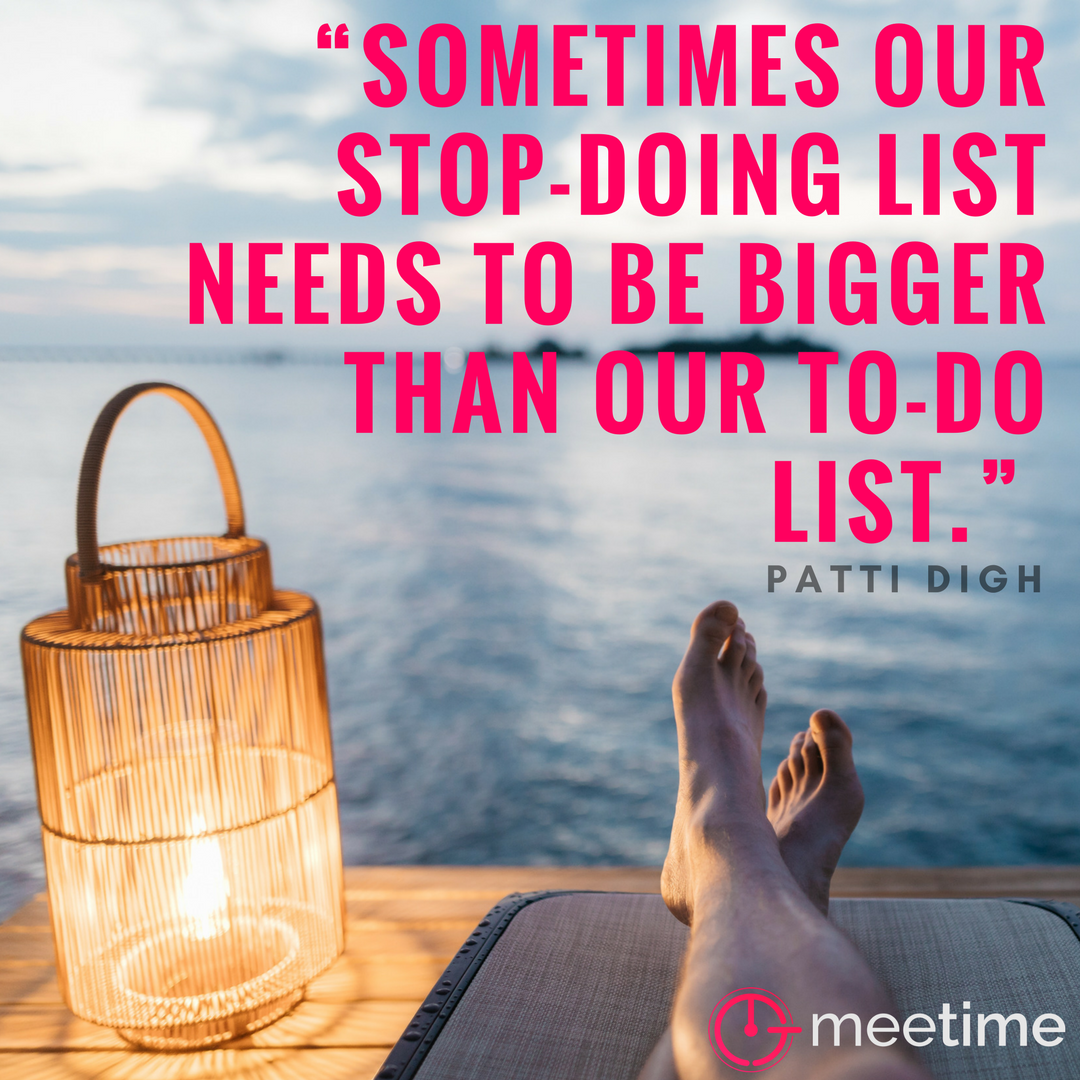

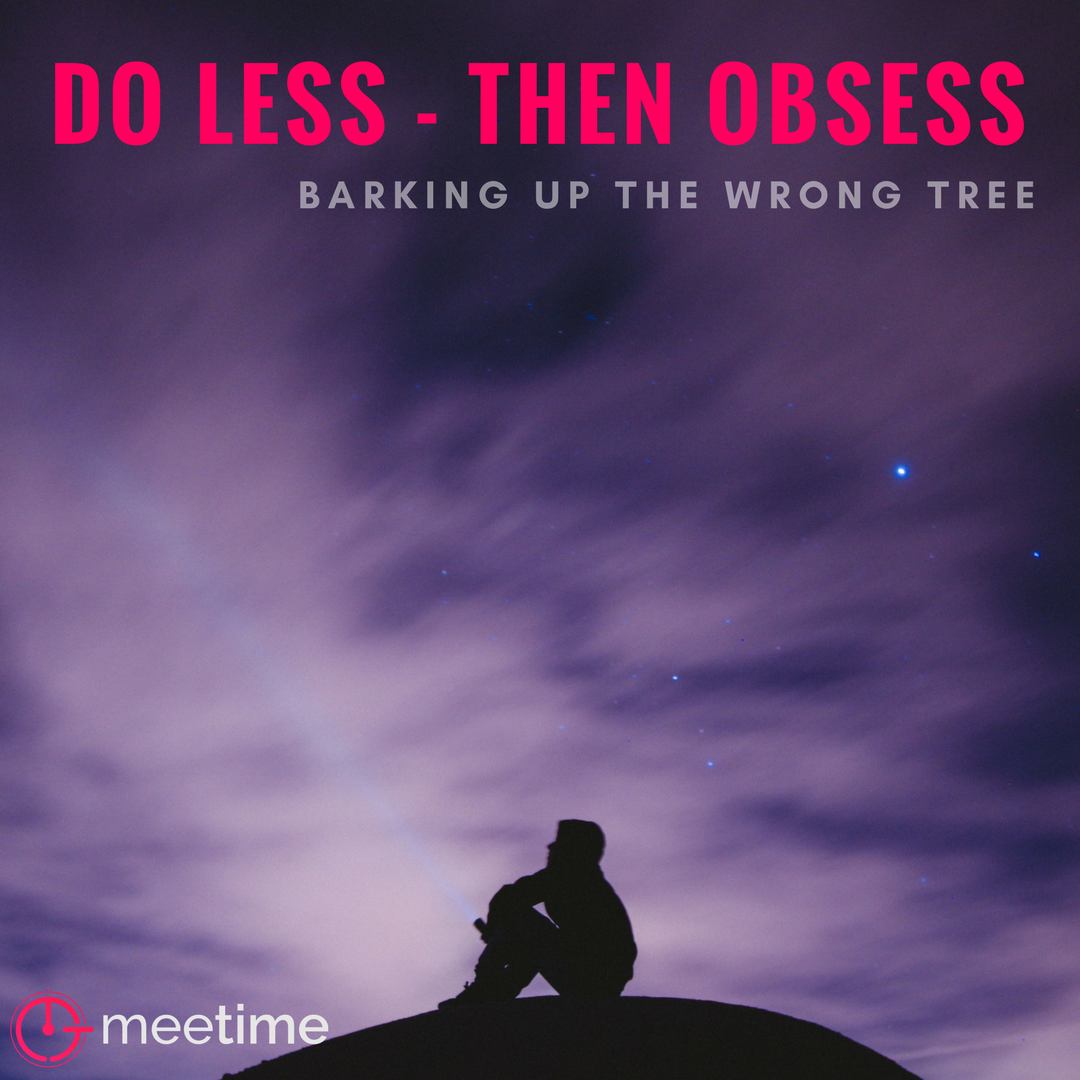

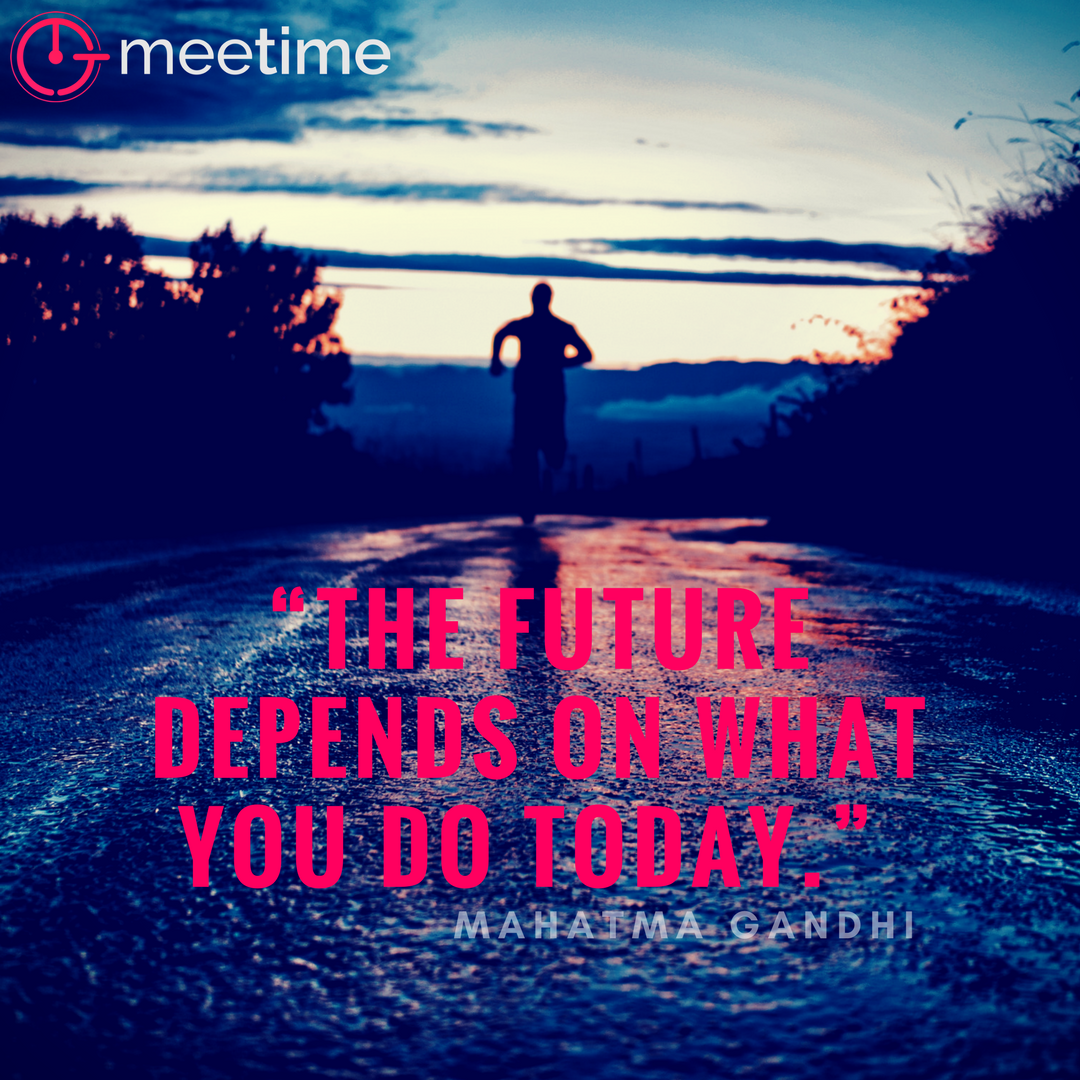







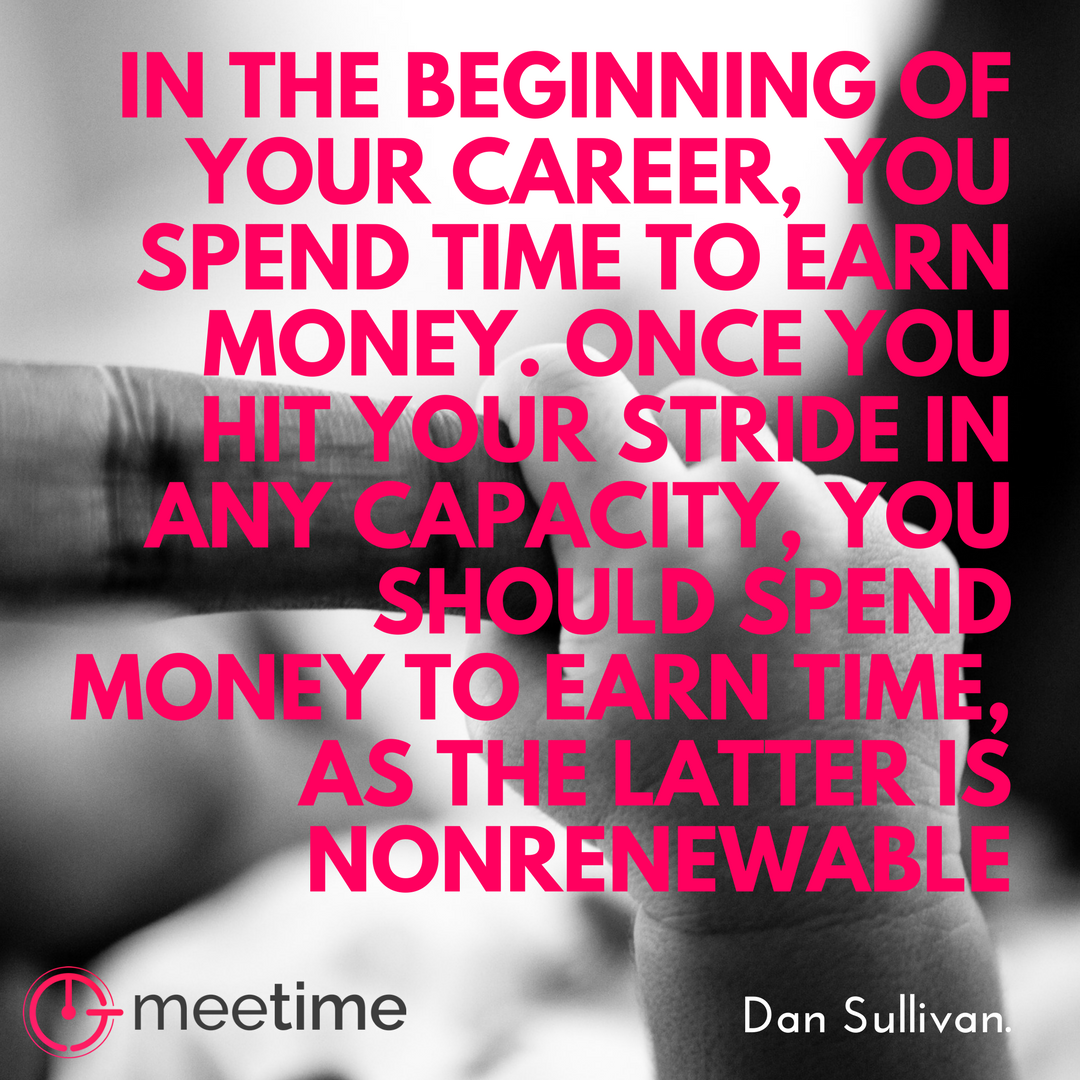
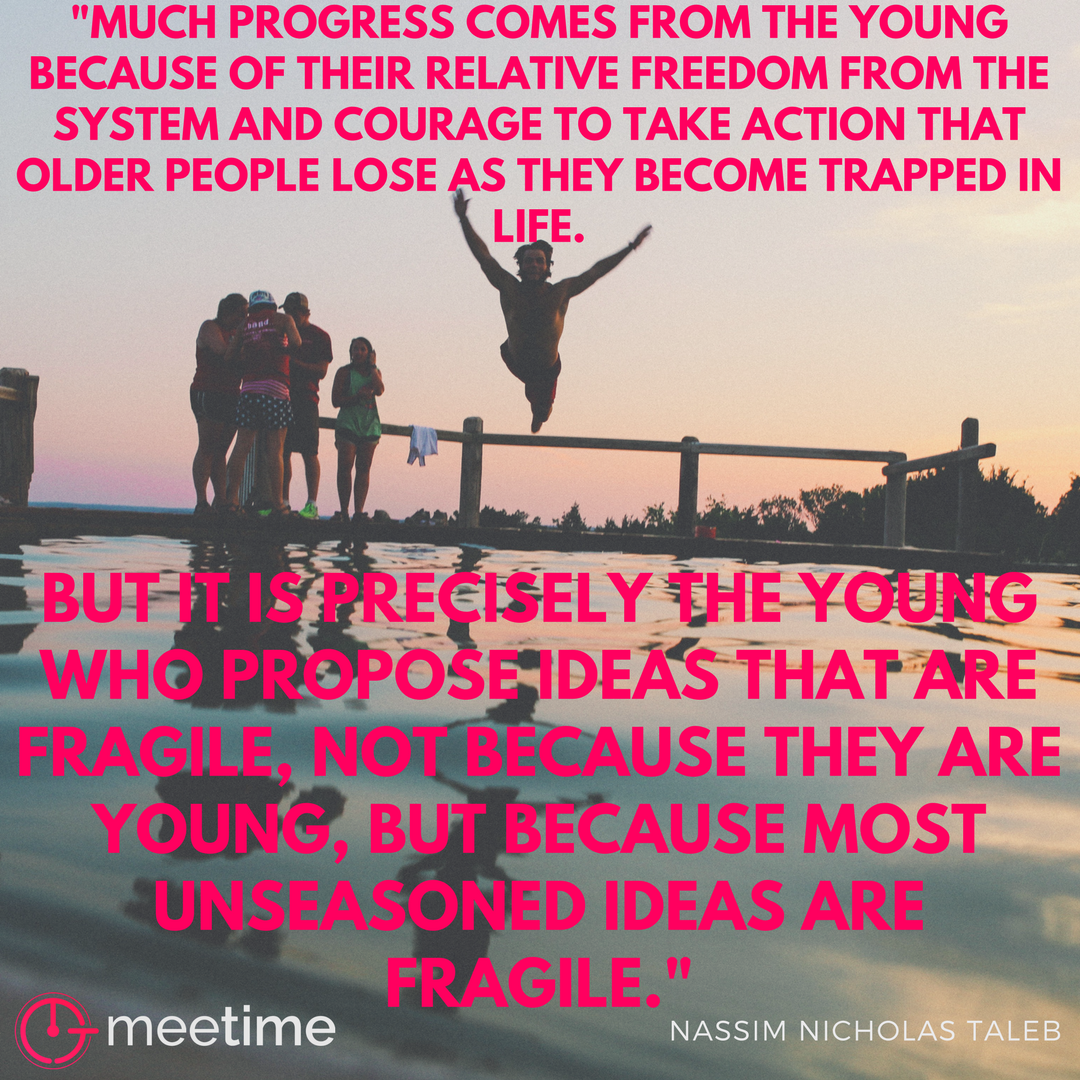
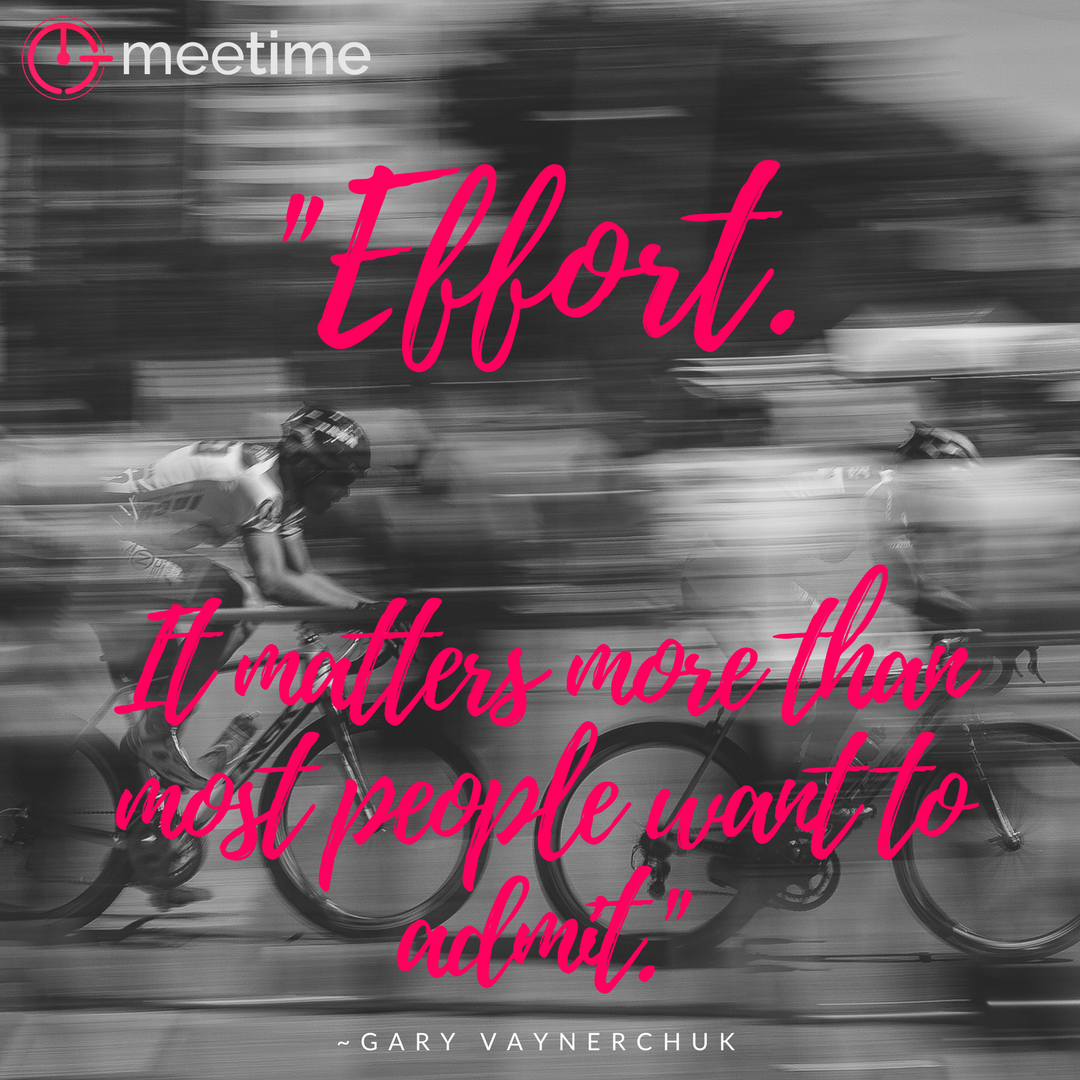
 RSS Feed
RSS Feed